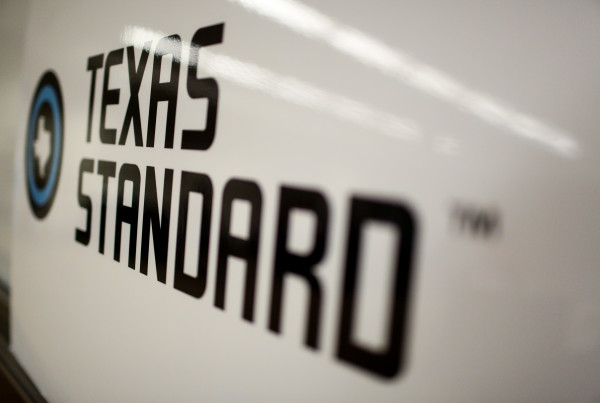Fraud is estimated to cost $3.7 trillion globally each year. It’s not just the big companies that are vulnerable to fraud, but the impact is hardest on the small companies – both for- and nonprofit – with fewer than 100 employees.
Michele Heyman, a CPA, specializes in Forensic Accounting.
“In small businesses, many times they treat employees like friends and family. You have one person that’s doing everything and the oversight isn’t there,” Heyman says. “The word forensic simply implies that it’s evidence in a court of law, so forensic accounting refers to financial evidence.”
So though Heyman doesn’t drive a CSI truck or put on latex gloves before touching anything, when she shows up at a business she does treat it as a crime scene. It’s full of clues that may assist in her investigation.
“These cases are very much like a puzzle, and I’m a person who has a really hard time putting a puzzle down,” Heyman says.
The Association of Certified Fraud Examiners says only a little more than half of occupational fraud cases are reported to the police.
One case from Austin involved Louanne Aponte. It was so big the local TV stations took notice. A 2010 report by KXAN’s Robert Hadlock said Aponte was charged with taking more than $1 million from nonprofit Family Connections during her time as executive director, $183,000 from another children’s charity and $7,000 from Hyde Park Christian Church.
Aponte’s home, boat and Mercedes Benz were seized to provide some restitution. She was also sentenced to 25 years in prison.
But what happened to her is not typical.
More common is what happened to the church where Jose Luis Vara used to serve in the church’s treasury department of Grupo Nueva Vida. He says a woman there started taking money and calling it “loans.”
“They’re very convincing, especially in the church,” Vara says.
That’s because Vara says people in church settings want to trust one another. But in his church’s case, the trust was misplaced. Vara’s church learned the woman had a history of defrauding churches and nonprofits, to the point that there is a restraining order from the Texas Attorney General’s office against her. But no one checked before they hired her and no one pressed charges afterward.
Heyman calls the people in cases like these “trusted employees” – people with access to the company’s money and the trust of leadership. They’re the first people she looks into when investigating a case.
“You even hear this – like on the CSI shows … when they find out their next door neighbor murdered somebody: ‘I can’t believe that person was like that – nicest guy on the block,'” Heyman says. “The same thing happens with fraud.”
Heyman says companies should hire an external set of eyes to look into your company’s finances and buy fraud insurance. The average fraud is about $150,000, so companies should be covered for at least that amount.














